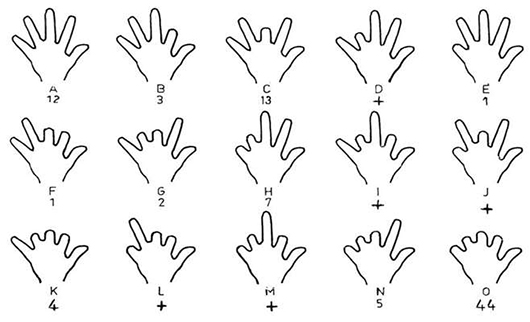Datocracy
Datocracy is a compound neologism that embraces transhistorical liberations and reconfigurations of data, in its multiple perceptual-linguistic forms, into new value relations and systems of governance, democratic or otherwise. Datocracy evolves from the often-violent separation of data from its habitual matrices, by virtue of dispositifs, or apparatuses, as defined by Michel Foucault and elaborated by Gilles Deleuze. This paper examines material examples of the functioning of such dispositifs through Georges Bataille, Walter Benjamin, François Rabelais (through Mikhail Bakhtin) and William Burroughs. These examples demonstrate how emancipated data are readily recuperated into new relations of governance, as liberatory socio-political tools (or apparatuses), or vehicles of tyranny. In its passage between liberation and recuperation, in its state of utterance, perhaps, data experience a protosemantic moment, a pre-definitional state, which offers the promise of a momentary escape from, or rather within, value relations.
KEYWORDS: Data, dispositif, protosemantic, democracy, tyranny, value
Essay commissioned by Martin Westwood for 'Headstone to Hard drive', published in Journal of Visual Art Practice following a series of symposia at Central St Martin's College of Art & Design, UAL.
‘Datocracy’ (2016) Journal of Visual Art Practice, 15(2–3), pp. 168–175. doi: 10.1080/14702029.2016.1228807 http://www.tandfonline.com/eprint/agC8gg4xGsGVm6xmPMQp/full

Severed fingers
Image source: Leroi-Gourhan, A., 1967: Les mains de Gargas. Essai pour une étude d'ensemble Bulletin de la Société préhistorique française Année 1967, Volume 64, Numéro 1 p. 107 - 122